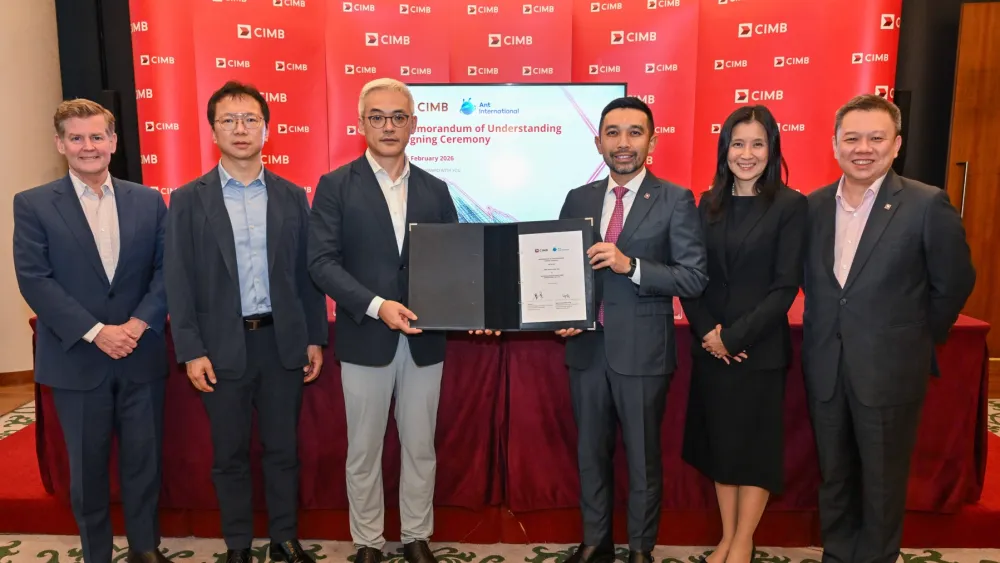
Basel III implementation to be delayed in Asia Pacific
Regulators in the region are reluctant to take the lead.
Implementation of the second wave of Basel III rules might continue to be delayed in the Asia-Pacific (APAC) by a lack of progress in other markets, as regulators in this region have remained reluctant to take a lead in implementing requirements ahead of their global peers, Fitch Ratings says.
"However, the credit profiles of APAC banks are unlikely to be significantly affected. We expect most APAC regulators will continue to push ahead with consultations, and most plan to be ready to meet scheduled deadlines, even if implementation is likely to be contingent on international progress. Moreover, APAC banks are still likely to prepare for the new requirements by further building up capital and other loss-absorbing buffers, which will strengthen their financial profiles and underpin ratings," adds Fitch.
Here's more from Fitch Ratings:
Implementation of some components of Basel III in APAC banking systems has already been delayed from the timeline set by the Basel Committee as a result of developments elsewhere. A new standardised approach for measuring counterparty credit risk exposures and revised capital requirements for equity investments in funds and for central counterparties - initially scheduled to be introduced by January 2017 - were delayed by US pushback and lengthy legislative processes in the EU.
Those rules are likely to have a greater impact on European and US banks than banks in APAC. Only Singapore in APAC stuck to the agreed timeline, and it has applied transitional arrangements. Korea and India have rules scheduled to come into effect in January 2018, while those in Hong Kong, Australia and Indonesia are at the draft stage. Taiwan's rules are final, but their implementation has been delayed to align with other jurisdictions.
There is a risk of delays to other Basel III regulations set to be introduced in the next few years, but we expect requirements on leverage ratios and net stable funding ratios (NSFR) to come into effect in January 2018, as planned. Most APAC banks are unlikely to have difficulty meeting leverage ratio requirements, as they do not generally hold huge stocks of low-risk-weighted assets.
Looking further ahead, we expect APAC regulators will continue to embrace the Basel Committee's risk-weighted asset initiatives, including measures to limit capital relief from banks' use of internal models, once these are finalised. Banks in APAC are less reliant on models than those in Europe, with regulators already sceptical of models being used to reduce risk-weighted assets, as evidenced by some of them having applied risk-weight floors to certain exposures.
In addition, we expect that supervisory work across APAC will continue to result in frequent use of macro-prudential regulation to address the build-up of specific risk pockets or risks at a system-wide level.
A major reporting change is also scheduled for 2018, with the adoption in 10 jurisdictions of IFRS 9 - the new international standard that, among other things, introduces expected credit-loss provisioning requirements.
We expect loan loss provision charges to be more volatile under IFRS 9, giving a better reflection of how risk evolves, while total loan loss allowances will tend to be higher. However, banks in some markets should be able to limit the provisioning impact by releasing reserves to offset initial additional charges.
Bank resolution remains a relatively low priority in the region. Frameworks are becoming stronger in jurisdictions where resolution regimes exist or are being developed, but progress has been slow and frameworks remain untested.
Fitch expects sovereign support to remain available in most APAC jurisdictions, as regulators will be reluctant to require the "bail-in" of troubled banks' senior debt holders in systems where financial markets are still developing or where banks are reliant on wholesale funding. A large deposit base that limits funds available for bail-in also weakens appetite for adding this option to resolution frameworks in a few countries.



















 Advertise
Advertise













